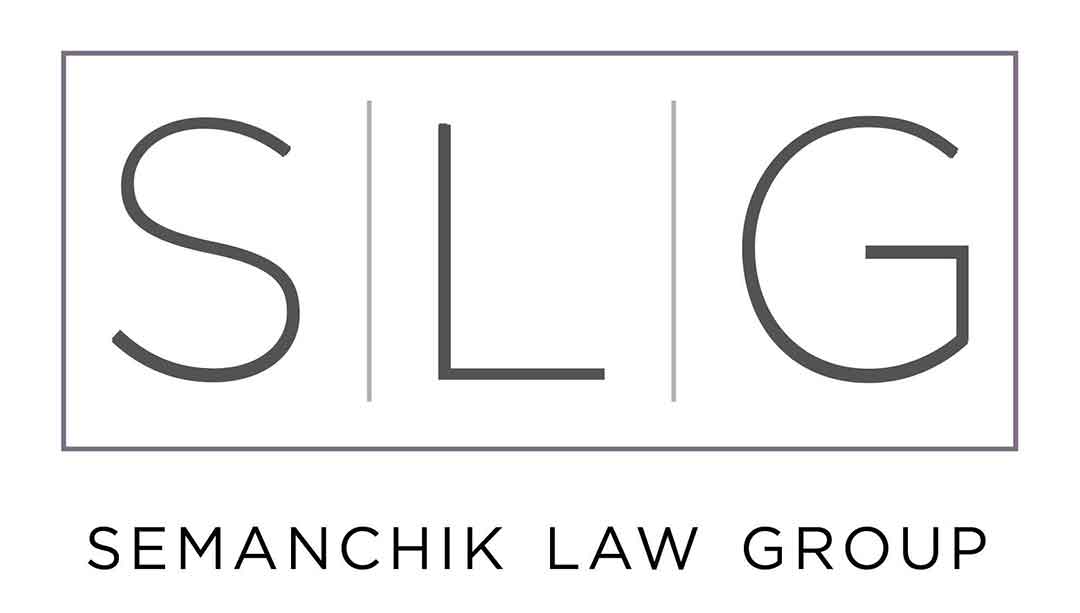The Pros and Cons of Fiscal Sponsorships
There are many pros and cons of fiscal sponsorship. Forming a nonprofit organization in the state of California can be complicated and time-consuming. If you would like to engage in charitable activities and solicit tax-deductible donations without going through this process, you can instead find a fiscal sponsor.
Fiscal sponsorship means teaming up with an existing 501(c)(3) nonprofit organization to raise funds and achieve your charitable objectives. In this type of agreement, the sponsor typically receives a fee of 10 to 15 percent for their services.
Benefits of Fiscal Sponsorships
Fiscal sponsorships have a wide range of benefits. The most noteworthy include:
Lower Administrative Burden
Running a fully-fledged nonprofit organization requires a lot of administrative work. From filing paperwork with state and federal agencies to drafting minutes for meetings, the list of jobs to complete can often feel neverending.
Sponsored entities have a much lower administrative burden. In some instances, they don’t need to worry about filing paperwork or dealing with legal issues at all.
Reduced Costs
Because sponsored entities enjoy a low administrative burden, they tend to have fewer ongoing expenses than a typical 501(c)(3) organization.
Sponsored entities usually do not have to hire many employees. They also do not need to pay many legal fees or document processing fees. In many cases, they may not even need to hire an accountant.
Drawbacks of Fiscal Sponsorships
Before you enter into a fiscal sponsorship agreement, however, you should be aware that there are some drawbacks, such as:
Loss of Control
Fully-fledged 501(c)(3) organizations have total control over the methods they use to raise money and the ways in which they spend that money (as long as they do not violate the law or their agreements with their donors).
Sponsored entities don’t enjoy this level of freedom. Their activities are closely monitored by the 501(c)(3) organization. The sponsor may even assert a degree of control over their finances.
Risk of Bankruptcy
The fate of a sponsored entity is closely tied to that of its sponsor. If a sponsor runs into financial difficulty, the sponsored entity is all but certain to encounter the same problem.
It is not at all uncommon for sponsored entities to lose access to their funds when the fully-fledged charity goes bankrupt. If this nightmare scenario occurs, the sponsored entity has little choice but to abandon its goal or start from scratch.
A California Nonprofit Lawyer You Can Count On
Do you want to learn more about the pros and cons of fiscal sponsorship from an experienced San Diego nonprofit attorney? If so, you’ve come to the right place. The Semanchik Law Group has been providing legal services to local charities for years, and we would love to use our knowledge of the law to assist you!
To speak with a member of our team, all you need to do is fill in our short online contact form or give us a call at (619) 535-1811. We look forward to working with you!


